The most versatile knife for a cook to own is unquestionably what is known in the west as the chef knife . It can be used for jobs of all sizes including cutting, slicing, chopping, and mincing. The blade has a long flowing curve that allows it to slide effortlessly through vegetables, fruit or meat. It is a high-performance knife for everyday tasks like chopping herbs, dicing and slicing meats. It will be the workhorse knife in your kitchen so it is important that it feels comfortable to use.
CHEF KNIFE SHAPE
A Chef knife has a long profile with a wide and slightly curved blade to allow it to rock forward as you slice. It’s length allows for larger quantities of ingredients to be chopped at once. The heel of the blade tends to be wider and thicker which makes it useful for cutting thicker vegetables because it allows the user to apply greater downward force while keeping the blade stable.
CHEF KNIFE SIZE
Chef’s knives normally are offered in blade lengths running from 6 to 12 inches. The idea is the longer the blade the larger the job it can do. It sounds great in theory but the reality is there comes a point at which the blade is too long to control effectively. For most people the ideal chef knife is somewhere between 7 and 10 inches.
WHEN TO USE A CHEF KNIFE
Some cooks use the chef knife for almost every cutting job in the kitchen except for very small produce or boning. Due to its size it is ideal for mincing or chopping through larger quantities of ingredients.
ROOTS OF THE CHEF KNIFE
The roots of a chef knife can be traced through 3 main channels – German, French, and Japanese. German knife design has a wide belly that narrows along its curved edge all the way to the blade tip. The idea is that the knife can be used with a rocking motion during cutting. A French chef knife has a much straighter edge at its base and only starts to curve near the knife tip. French and German knife blades are heavier and made of softer stainless steel. They will need to be sharpened frequently.
A traditional Japanese chef knife—called a gyuto—has a straight edge and curves slightly toward the tip like the French blade. The difference is that qualty Japanese knives are made of harder steel and have a much thinner blade. As a result it is precision sharp, agile, and requires less frequent sharpening.
BEST CHEF KNIFE
Designed in Japan, the Kikusumi 7-inch Chef’s Knife is formed from zirconium which is second only to diamond on the hardness scale. The blade is thin and precise like Japanese steel knives yet won’t dull quickly like the softer steel knives. It is also lighter than steel blades which gives it an extra agile cutting ability.
